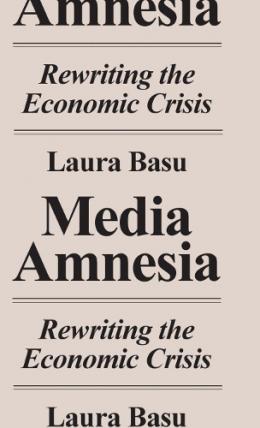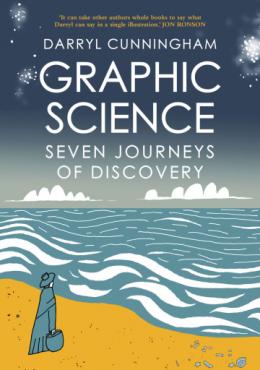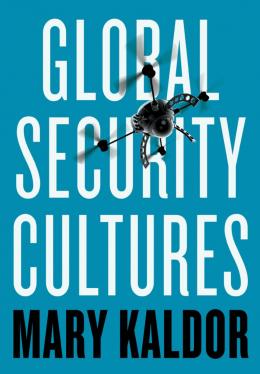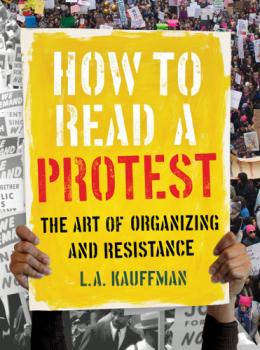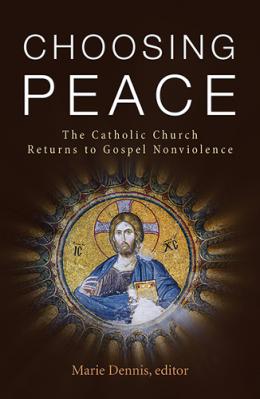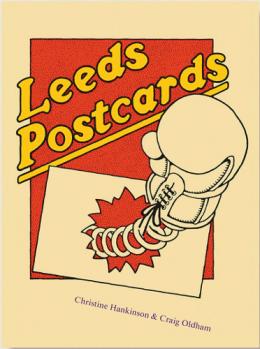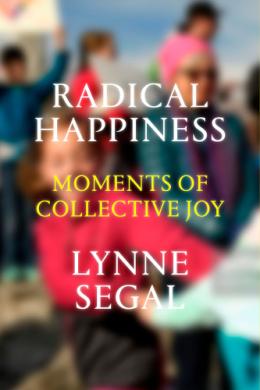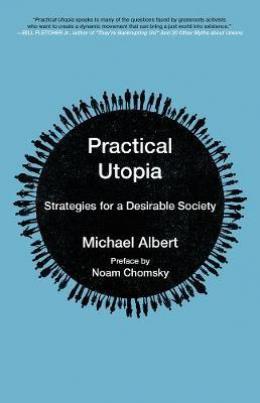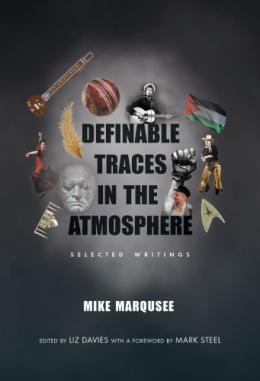Why make reportage drawings? Graphic artist Olivier Kugler was commissioned by Médecins Sans Frontières (‘Doctors Without Borders’) to travel to Iraq, Kos and Calais to interview Syrian refugees. He took photographs and used translators to record stories. So why not stop at that?
On first viewing, I didn’t like the drawings in this book. I shrank back from lines that didn’t please me, from flat Photoshop washes. But I was curious because something interesting happens in these illustrations. They are complex; they operate as a…
Reviews
For an event with such a pivotal role in the history of the 20th century (see PN 2622), the German Revolution of 1918-19 has a very low profile. Indeed, when he asked an upper-level class on Modern European History ‘What was the German Revolution?’ William Pelz received a number of incorrect answers (Hitler’s 1933 burning of the Reichstag, the 1989 fall of the Berlin wall, and ‘something to do with Luther and the Reformation’). But none of his students connected the words with ‘a movement that saw millions of people rising up to…
This is an essential read for anybody – activists very much included – who wishes to gain a deeper understanding of the 2007–2008 economic crash and its subsequent political after-shocks, from the election of Donald Trump in the US to Brexit and rise of Jeremy Corbyn in the UK.
However, first and foremost, the book is a sharp critique of the media’s coverage of the economic crisis.
As well as interviewing journalists, Laura Basu, a researcher at the Institute for Cultural Inquiry, Utrecht University, has analysed 1,133…
There are quite a lot of graphic novels around today whose main selling points are their beautiful, elaborate drawings. This book is not one of them. But while some people might be put off by the artwork here – anyone familiar with Darryl Cunningham’s other books will instantly recognise his faceless human figures and blocks of plain colour – I think it’s one of the best graphic novels I’ve read.
Featuring short biographies of seven different scientists who ‘for reasons of gender, race, mental health, poverty’ the author…
Mary Kaldor uses the term ‘security culture’ to refer to any set of tools and practices that a nation state, a non-state actor, or an armed (or unarmed group) uses in seeking to address or perpetuate violent conflict. In this book she focuses on four such ‘security cultures’: ‘geo-politics’, ‘new wars’, the liberal peace and the war on terror, examining their histories, the forces that motivate and sustain them, and their relationships to power.
Of the four security cultures, ‘geo-politics’ is still the most dominant, and the…
In early October, the UN’s climate change body, the IPCC, released a report on climate change, leading media commentators in Britain to advise British consumers to stop eating meat and buy an electric car – lifestyle choices which do not fundamentally alter our privileged and protected situation. The Memory We Could Be has a very different message, calling for an end to ‘the separation of climate change from the deprivation it deepens’.
The stated aim of this book is to build ecological literacy: to help us understand…
On 15 February 2003, during the the famous million-plus-strong march against the US-led invasion of Iraq, I was handed a newsheet by an anarchist. Its gist, none too tactfully expressed, was that such mass demonstrations were pointless and that we were all fools for taking part. Whether or not he was right is one of the many questions about protest explored (in a US context) by LA Kauffman in this short but insightful book.
The mobilising director of some of the largest demonstrations in US history, including massive anti-war…
In John Carpenter’s celebrated 1988 sci-fi film They Live, a drifter living in a shanty town discovers a special pair of sunglasses which reveal a terrible secret that explains the huge disparities in wealth and power that surround him.
Wearing them, the hero is able to see reality as it truly is: his world is being run by aliens working alongside a wealthy human elite (‘the 1%’). Moreover, the aliens are manipulating ordinary people’s thoughts and perceptions to conceal this fact.
Reading Ann Pettifor’s book feels a…
Poet, former Children’s Laureate and presenter of Radio 4’s show about language Word of Mouth, Michael Rosen is also well-known as a scourge of ‘traditionalist’ education and his left-wing political activism on a wide variety of different topics.
This book covers Rosen’s life until he left university at 23. Perhaps unsurprisingly, given that Rosen is the author of many children’s books, this means that the writing is often from a child’s perspective. I found it amusing reading about how a young child attributes communism…
This collection, expertly edited by Marie Dennis, guides us through the complex discussions that took place at the 2016 Rome conference ‘Nonviolence and Just Peace’ organised by a host of Catholic organisations including Pax Christi International. Its delegates wrote a statement, appealing to the Catholic Church to ‘re-commit to the centrality of gospel nonviolence’.
Most inspiring are the testimonies of those working on the ground in conflict zones. We learn of their efforts to live nonviolently in dangerous situations, and…
If you asked someone who had never read or heard anything about the origins of the Royal Society for the Protection of Birds (RSPB) who they thought might have founded it, the chances are they would guess something along the lines of ‘some well-meaning elderly man who was opposed to the shooting of rare birds for sport’, or something like that. But it seems very unlikely that they would come anywhere near the real founders of the RSPB: a group of women who were passionately opposed to the shooting of rare birds for feathers.
They…
In 1979, the trade unionist and communist Richard Scott founded Leeds Postcards, which he named after the city where he lived and worked. The first postcard, beautifully illustrated by Peter Smith, was sponsored by the occupational health and safety magazine, Hazards Bulletin and warned of the dangers posed by ‘visual display units’ – the name given to computer screens when they began to be used in the workplace. Forty years later, despite computers taking over our lives and social media diminishing the use of the post service, Leeds…
When I told a friend that I was reviewing this book she was very excited to learn that Segal, a seasoned feminist academic and activist, was reaching a younger audience. This was because of the impact Segal had on my friend’s own feminist thought, years ago. Those, like myself, who have not encountered Segal’s work before, will find this book transformative in its ability to communicate the power of collective joy as a tool for resistance.
Segal’s thesis is meandering in style, straightforward in argument and essential in content…
In his preface to this book Noam Chomsky claims that the book ‘merits great respect and close attention’ and I cannot disagree. In fact, I strongly recommend it to anyone presently involved in activism or movement building aimed at meaningful social change.
In part two, Albert puts forward a persuasive argument for ‘participatory economics’ (an economic system based on participatory decision making) as an alternative to markets and central planning.
Thankfully however, he does not think that wider change will be…
The title of this book refers to a line in Mike Marqusee’s poem ‘Egypt’. In it, Egyptian people are filling a public square, presumably Cairo’s Tahrir Square, their images captured on TV. Much like a dream, Marqusee writes, what is happening is ‘turbulent and calm, much wished for, full of surprise.’ But unlike a dream, this is a revolution that will leave ‘definable traces in the atmosphere, like incense.’ He concludes: ‘I know this is not a dream because like a dream / everything is changed in its wake.’
This beautiful poem…




